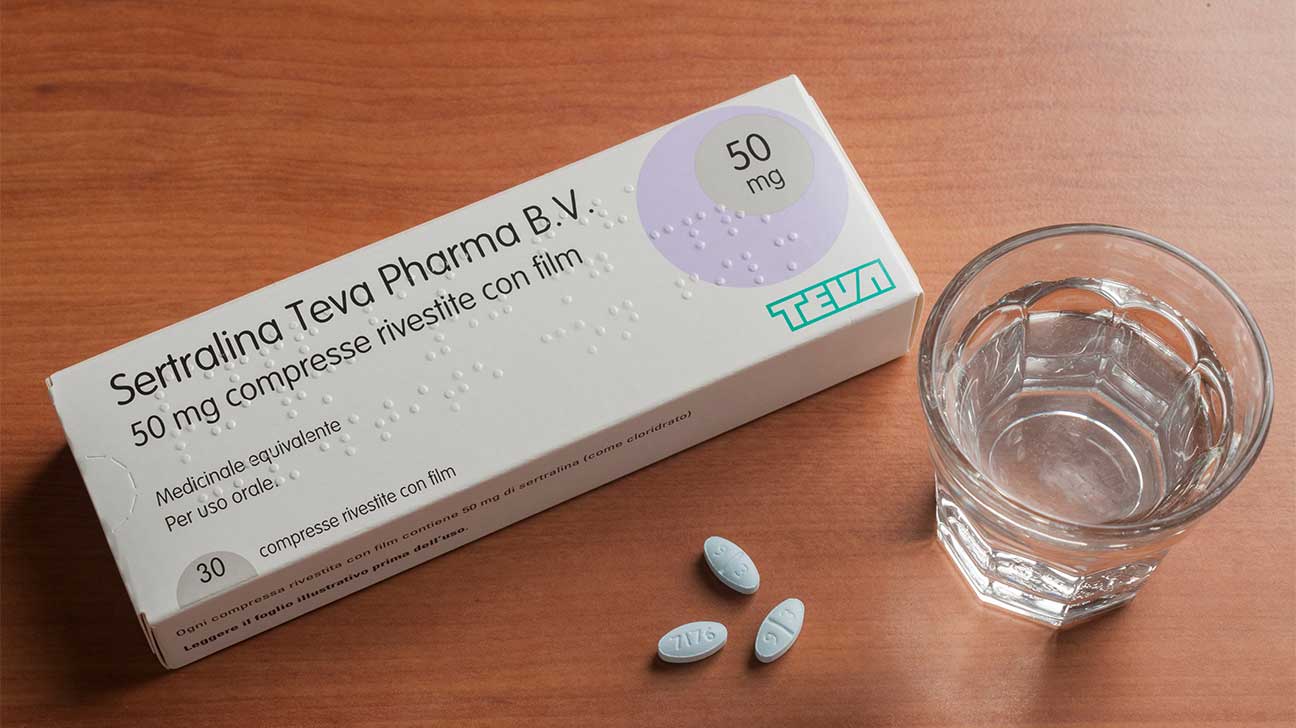
Zoloft, or sertraline, is an antidepressant medication that alters the brain’s chemical balance to alleviate symptoms of depression and anxiety.
It can be effective at helping you feel calmer and more confident in everyday life, but what happens when Zoloft stops working?
A phenomenon known as Zoloft tolerance or tachyphylaxis occurs when your body builds up a tolerance to antidepressants, which means that it stops being effective at producing positive results.
How Zoloft Tolerance Develops
Zoloft tolerance may develop for a number of reasons, such as a combination of the following:
“Poop Out” Effect
You may have heard people say that they feel like their medications are pooping out on them — that means they need more and more of it to get relief from symptoms.
This happens because your body becomes used to having certain levels of Zoloft in your system.
Worsened Depression
You may require higher doses of Zoloft to treat worsening depression.
As your depression worsens, you will require higher doses of Zoloft, and your tolerance might increase as well.
Onset Of Bipolar Disorder
If you use Zoloft to treat depression, your condition may worsen and progress to bipolar disorder (mood swings ranging from depressive lows to manic highs).
This could prompt you to take more Zoloft to deal with the problem, leading to tolerance.
Other Health Conditions
You may need to take more Zoloft if you have a medical condition like hypothyroidism. That is because the condition (and others) can worsen depression.
Also, it is possible for antidepressant drugs, such as Zoloft and Prozac to interact with other medications.
A medication’s ability to be absorbed, broken down, or eliminated may be affected, resulting in either stronger or lesser effects and adverse effects.
Effects Of Zoloft Tolerance
When you stop taking Zoloft, not only will your symptoms come back, but they may be even worse than before. Some effects of Zoloft tolerance include:
Discontinuation Syndrome
Zoloft tolerance can cause discontinuation syndrome, a set of symptoms that occur when you stop taking the antidepressant drug.
These symptoms include nausea, vomiting, dizziness, and headaches. The good news is that these symptoms will go away after a few days.
Unfortunately, they may be severe enough to make you want to start retaking Zoloft or result in a major depressive disorder or serious mental health problem.
Serotonin Syndrome
Zoloft is a selective serotonin reuptake inhibitor (SSRI), which means that it increases serotonin levels in your brain.
Clinical trials show that this can cause serotonin syndrome, which occurs when you have too much serotonin in your system.
Symptoms include nausea, agitation, anxiety disorders, tremors, and obsessive-compulsive disorders (OCD). But these symptoms are rare and usually go away after a few days.
Will Tapering Zoloft Prevent Adverse Effects?
Yes, you can deal with Zoloft or other antidepressant tolerance by tapering the drug off.
But since Zoloft is a drug that affects your brain chemistry, withdrawing from it too abruptly can cause serious side effects like muscle aches, nausea, and headaches.
This is known as taper dependence. The best way to minimize these effects is to slowly lower your dose of Zoloft over several weeks or months until you’re off it completely.
Always seek medical advice before changing or discontinuing a drug. Healthcare providers will recommend other FDA-approved tricyclic antidepressants to treat depression.
Treatment Programs For Antidepressant Abuse
Inpatient and outpatient programs for antidepressant abuse include therapy, support groups, and detox.
Healthcare professionals can prescribe other types of antidepressant medications. Prozac (fluoxetine) or Lexapro (escitalopram) are other options for addressing depression alongside addiction.
Your doctor may also recommend psychiatry to address any other co-occurring mental illnesses, such as panic disorder, and other mental health problems.
Medical doctors may offer vitamin supplements to help restore physical health in addition to medications and therapy.
If you have sexual dysfunction or suicidal thoughts, you may have to enroll in psychotherapy sessions. Certain types of medications may also help with these problems.
Find A Drug Rehab Program Today
If you or your loved one are unable to overcome Zoloft addiction, drug abuse, or alcohol use, consult us today about treatment options at certified drug rehab centers.
Addiction Resource aims to provide only the most current, accurate information in regards to addiction and addiction treatment, which means we only reference the most credible sources available.
These include peer-reviewed journals, government entities and academic institutions, and leaders in addiction healthcare and advocacy. Learn more about how we safeguard our content by viewing our editorial policy.
- European Respiratory Journal — Sertraline in symptomatic chronic breathlessness: a double blind, randomised trial
https://erj.ersjournals.com/content/53/1/1801270 - Frontiers in Psychiatry — Pharmacotherapy of Anxiety Disorders: Current and Emerging Treatment Options
https://www.frontiersin.org/articles/10.3389/fpsyt.2020.595584/full - National Library of Medicine — Identification and Treatment of Antidepressant Tachyphylaxis
https://www.ncbi.nlm.nih.gov/pmc/articles/PMC4008298/


